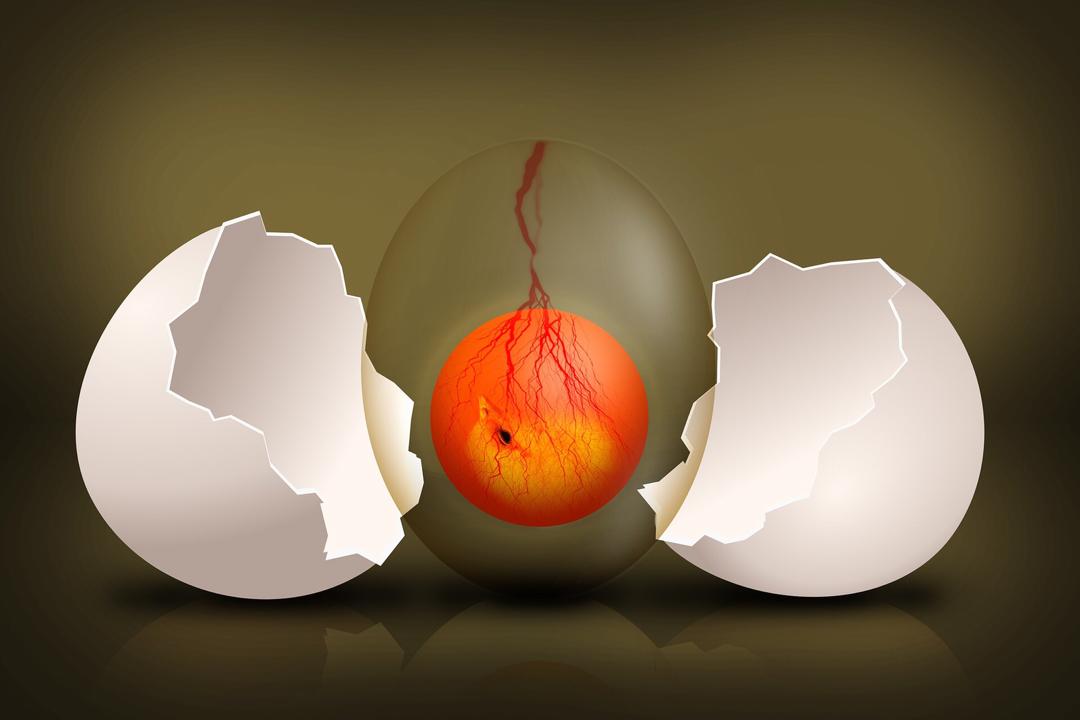
I met a lady on the streets while observing my regular prayer walk in the estate a couple of years ago. She had initiated a conversation with me when she noticed that I was praying. 

She proceeded to inquire about who I was and which brand of GOD I was having a conversation with. I gave her a synopsis of my identity because I had noticed her in the estate too.
Then she informed me about her spiritual status. She was a Christian until she lost two of her family members to terminal illnesses. She had prayed, fasted, tithed, believed God for a miracle but at last, it ended in graves.
She said God failed her and she was disappointed at him. She was done serving a horrible father.
I listened to her where we sat on the road, I allowed her to evacuate her heart without trying to defend God or speak Christianese.
She cried during the conversation, brought out a cigarette to puff while I listened calmly.
She cried during the conversation, brought out a cigarette to puff while I listened calmly.
Forty-five minutes after, she gazed at me and asked if I had anything to say after all I am a Pastor. I smiled and said NO. Then she uttered the words "HOW COME"?.
I smiled again and responded with the words, 'your anger is legitimate, I would have reacted the same way if I were in your shoes, so I am not shocked you feel this way I would have been shocked if you felt differently'.
She gave me a suffocating hug, took a deep breath then mustered the words, 'thank you'. Thank you for listening. Thank you for not throwing scriptures at me. Thank you for not judging me. Thank you for not asking " if I pay my tithes and when last I paid".
Those were some of the statements she had heard before our conversation.
My parting words to her was 'take your time with God, vent at him, vent to him and while you are at it, I will stand in the gap for you in prayers'. I am also available for more chats.
My parting words to her was 'take your time with God, vent at him, vent to him and while you are at it, I will stand in the gap for you in prayers'. I am also available for more chats.
We met a couple of times and I am elated to announce that she is back with her father.
I am looking for professionals who desire to move from a life of dissatisfaction to satisfaction. Meaninglessness to meaning and unhappiness to happiness to attend the last More than money workshop in 2020 here oyinkansolaalabi.com/shop
• • •
Missing some Tweet in this thread? You can try to
force a refresh






